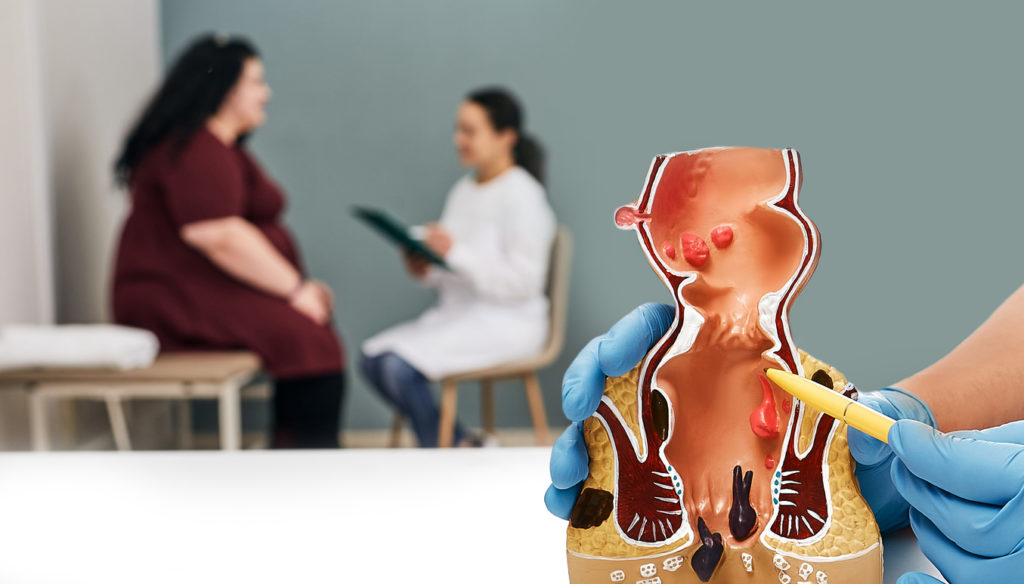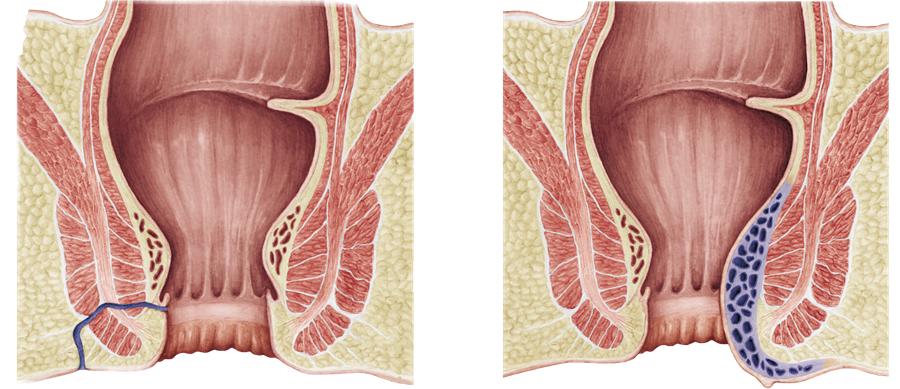Precision laser for conditions in proctology
In proctology, laser is an excellent tool for treating hemorrhoids, fistulas, pilonidal cysts and other anal conditions that cause particularly unpleasant discomfort for the patient. Treating them with traditional methods is long, cumbersome, and often not highly effective. The use of diode lasers speeds up treatment time and gives better and longer results while minimizing side effects.
Laser can treat the following diseases:
Laser hemorrhoidectomy
Perianal fistulas
Capillary cyst
Anal fissure
Genital warts
Anal polyps
Removal of anodermal folds
Advantages of laser therapy in proctology:
·1.Maximum preservation of sphincter muscle structures
·2.Proper control of the procedure by the operator
·3.Can be combined with other types of treatment
·4.Possibility to perform the procedure in just several minutes in an outpatient setting, 5.under local anesthesia or light sedation
·6.Short learning curve
Benefits for the patient:
·Minimally invasive treatment of sensitive areas
·Accelerated post-operative regeneration
·Short-term anesthesia
·Safety
·No incisions and sutures
·Quick return to daily activities
·Excellent cosmetic results
Treatment principle:
laser for the treatment of proctological disorders
During the treatment of hemorrhoids, laser energy is delivered to the homorrhoidal lump and causes destruction of the venous epithelium with simultaneous closure of the hemorrhoid through a contraction effect. This way the risk of the nodule prolapsing again is eliminated.
In the case of perianal fistulas, laser energy is delivered into the anal fistula channel leading to thermal ablation and subsequent closure of the abnormal track through a shrinking effect. The goal of the procedure is to gently remove the fistula without risking damage to the sphincter. The treatment of genital warts is similar, where after the abscess cavity is incised and cleaned, a laser fiber is inserted into the cyst channel to perform ablation.
Post time: Aug-17-2023


